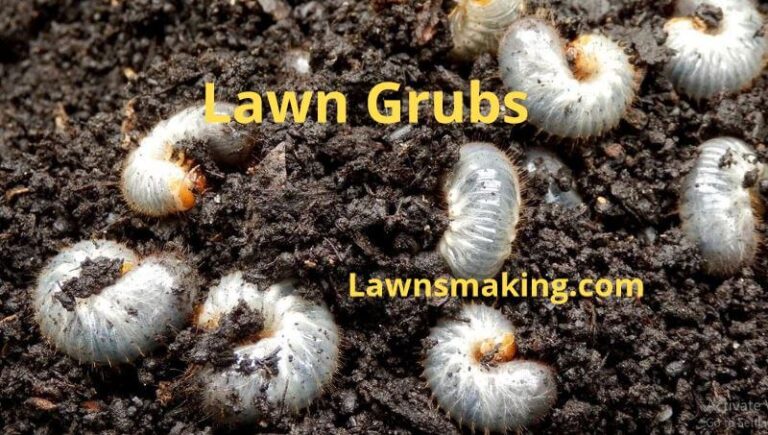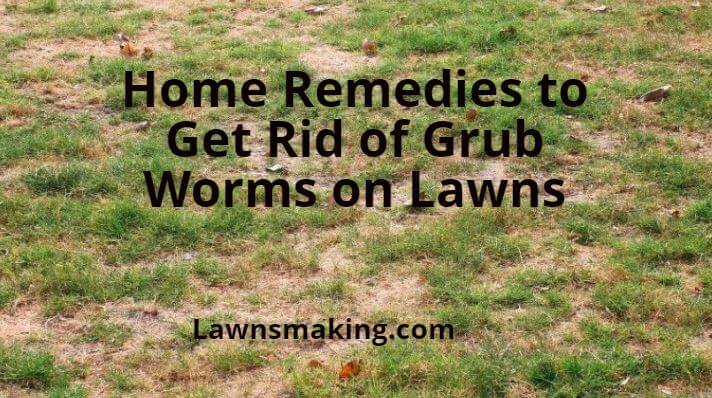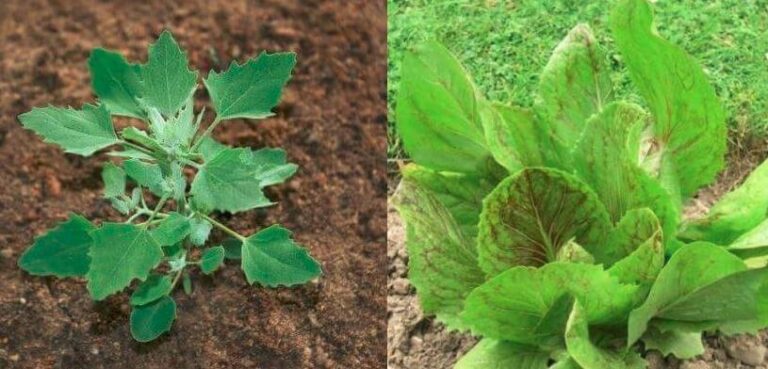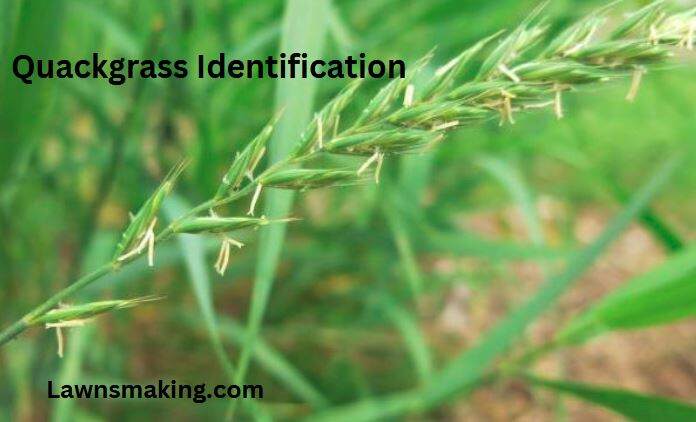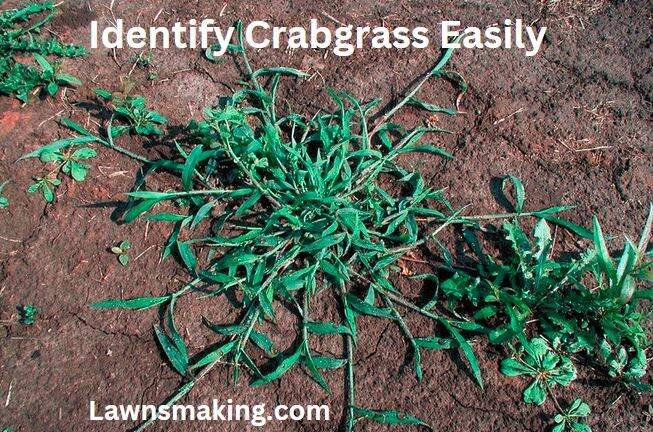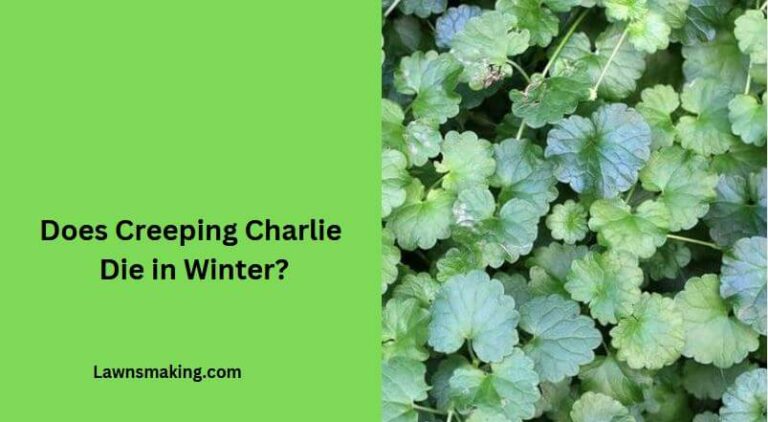
If you’ve ever felt like your Bermuda grass is engaged in an ongoing battle with relentless weeds, then this question might have crossed your mind, “Can Bermuda Grass choke out weeds?” Now that you are here, it is time you found an answer to that question.
Bermuda grass chokes out weeds when properly cared for and maintained. The grass is famous for its dense growth and vigorous spreading. This dense growth creates a lush turf that outcompetes weed populations if the grass receives regular mowing, adequate fertilization, and appropriate watering.
Are you intrigued by the idea of having a weed-free lawn? In this article, I will explore ways to naturally choke weeds out of Bermuda grass, including discussing topics like “Proper lawn maintenance practices,” “Using natural suppressors, “and more. Read on to the end to discover a path to reclaiming your lush, weed-free lawn.
Can Bermuda Grass Choke Out Weeds: 6 Ways to Choke Weeds Out of Bermuda Grass Naturally
A combination of strategies is essential to naturally suppress weeds in Bermuda grass to create an environment less favorable for weed growth.
Here are six ways to choke weeds out of Bermuda grass naturally:
1. Proper Lawn Maintenance
Regular mowing will help you choke weeds out of Bermuda grass naturally. Consequently, avoid cutting the grass too short, as this can induce stress and promote weed growth. The recommended height for Bermuda grass is (about 1.5-2 inches) or 3.8-5 cm.
Additionally, mow with sharp blades to guarantee clean cuts, reducing stress on the Bermuda grass. This will also minimize the chances of weed invasion. Before every mowing session, inspect your mover to ensure its blades are sharp.
Properly watering your Bermuda grass will make it more resilient and competitive against weeds. Generally, it would be best to opt for infrequent but deep watering since shallow and regular watering encourages weed growth.
It’s advisable to water Bermuda grass when it starts showing symptoms of drought stress. These signs include:
- Rolled or folded leaves
- A dull bluish color
Adequate fertilization is vital since it promotes healthy Bermuda grass growth—making it more competitive against weeds. Please consider conducting soil tests before applying any fertilizers, as this will help ensure the soil has the right nutrient balance.
Overseeding with Bermuda grass seeds in early spring to fill out any gaps and crowd out weeds can also help you choke out weeds naturally.
2. Hand Pulling and Weed Control
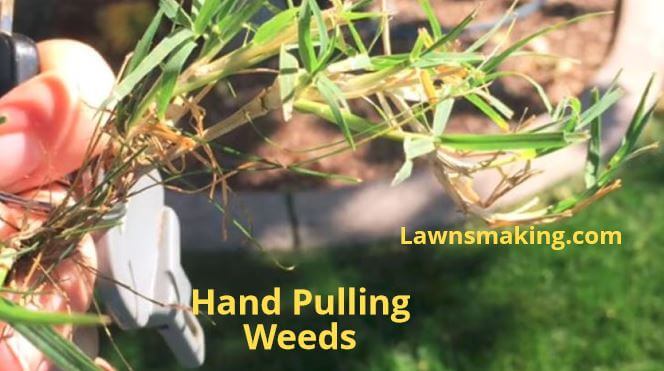
Regular Inspections of your Bermuda grass lawn are critical since they allow you to identify and address weeds as they emerge.
If you encounter weeds during the routine inspections, use proper tools such as a weeding knife or dandelion digger to ensure you remove the weeds from the roots.
Timing is critical when dealing with weeds. Therefore, pulling the weeds when young before they can produce seeds reduces their long-term impact.
Dispose appropriately of any weeds you pull from your lawn, as this will prevent potential reseeding. The last thing you want is to transfer weeds from an affected to a healthy lawn area.
Mulching can help you choke out weeds from Bermuda grass. Consequently, apply a thick organic mulch layer around flower beds, garden areas, and Bermuda grass spots susceptible to weed invasion to suppress weed growth.
Herbicidal vinegar is a natural weed control method, and you can use it on stubborn weeds. Moreover, you can use compost tea to enhance soil health, making it more hospitable for Bermuda grass and less hospitable for weeds.
3. Grass Health Promotion
Balanced fertilization will help you choke out weeds from Bermuda grass. Consequently, ensure your Bermuda grass lawn has the right nutrients in the right amount.
Here is a table that highlights general nutrient requirements for Bermuda grass and the recommended nutrient range:
| Nutrient | Recommended Range |
| Nitrogen (N) | 2.0 – 4.0 pounds per 1,000 sq. ft. |
| Phosphorus (P) | 0.5 – 1.0 pounds per 1,000 sq. ft. |
| Potassium (K) | 1.0 – 2.0 pounds per 1,000 sq. ft. |
| Magnesium (Mg) | 0.2 – 0.5 pounds per 1,000 sq. ft. |
| Calcium (Ca) | 1.0 – 2.0 pounds per 1,000 sq. ft. |
| Sulfur (S) | 0.2 – 0.5 pounds per 1,000 sq. ft. |
| Iron (Fe) | 0.02 – 0.1 pounds per 1,000 sq. ft. |
| Manganese (Mn) | 0.01 – 0.03 pounds per 1,000 sq. ft. |
| Copper (Cu) | 0.005 – 0.01 pounds per 1,000 sq. ft. |
| Zinc (Zn) | 0.005 – 0.01 pounds per 1,000 sq. ft. |
Remember that your lawn’s soil type, location, and grass health will determine the final application rates of these nutrients.
Soil testing will help you determine your soil’s nutrient levels, allowing you to apply the fertilizers in their required amounts. Consider contacting your local agricultural extension service for expert or region-specific recommendations.
Compost application as topdressing can provide organic matter needed to improve soil structure, eventually promoting healthy grass growth.
Consider core aeration, which uses a core aerator to remove tiny cores or plugs of soil from the lawn—a process that creates channels for nutrients, air, and water to penetrate the soil.
4. Natural Herbicides
Vinegar and salt solution are an effective natural herbicide spray that can help you deal with weeds affecting Bermuda grass. However, use it with caution as it can affect nearby plants.
Pouring boiling water directly on weeds can kill them without chemicals. You can opt for this to choke weeds out of Bermuda grass.
Corn gluten meal is an effective pre-emergent natural herbicide that inhibits weed germination, and you should apply it on your lawn to deter weed seed growth.
Create a citrus oil and soap herbicide to target weeds invading Bermuda grass. Alternatively, use neem oil to smother weeds and inhibit their growth.
Also, natural herbicides may need more frequent reapplication than synthetic or chemical counterparts.
5. Mulching

Organic mulching using wood chips or straw can help mitigate weed growth in Bermuda grass, and this is possible when you apply the organic mulch around the grass.
When mulching, ensure proper mulch depth. The mulch needs to be at least (2-4 inches) or 5.08-10.16 cm thick.
A weed barrier fabric beneath the mulch will add an extra layer of weed control, protecting your Bermuda grass from invasion.
Periodic mulch maintenance involves replenishing mulch as it breaks down as necessary, especially if you want to maintain its weed-suppressing effectiveness.
Weed inspection is also essential in mulched areas to mitigate weed invasion. So, regularly check for signs of weeds and address them promptly.
Watering and mulching are essential in choking out weeds from Bermuda grass. Nevertheless, don’t water over the mulch, which might encourage weed growth. Instead, water directly into the soil.
6. Natural Weed Suppressors
Consider planting cover crops such as rye grass or clover in the off-season to suppress weed growth.
Additionally, companion planting using mint, oregano, and nasturtium will deter weeds naturally, leaving your Bermuda grass to thrive.
Planting ground covers like vinca or creeping thyme to compete with weeds is another effective way of deterring weed invasion on your Bermuda grass lawn.
Alternatively, opt for dense planting of Bermuda grass, as this will leave little to zero space for weeds to take root.
Regular maintenance of your Bermuda grass lawn will keep it healthy, competitive, and thriving. So you won’t have to worry about weed invasions.
Lastly, be ready to adapt your weed control measures based on the specific weeds and challenges in your Bermuda grass lawn.
Does Bermuda Choke Out Crabgrass?
Bermuda grass chokes out crabgrass, thanks to its competitive advantage in resources like sunlight, nutrients, and water. Bermuda grass will need proper maintenance, including regular mowing, adequate fertilization, and appropriate watering to choke out crabgrass completely.
Additionally, overseeding your Bermuda grass with Bermuda grass varieties known for their aggressive growth will ensure the crabgrass doesn’t stand a chance. These Bermuda grass varieties include;
- Tifway 419 Bermuda grass
- Celebration Bermuda grass
- TifSport Bermuda grass
- Common Bermuda Grass (Cynodon dactylon)
- Riviera Bermuda grass
Which Grass Is Best for Choking Out Weeds?
Common Bermuda grass (Cynodon dactylon) is the best grass for choking out weeds. Common Bermuda grass features rapid, aggressive lateral growth, dense turf formation that shades the soil surface, and drought tolerance—allowing it to remain competitive even in dry conditions.
According to the University of Georgia, Common Bermuda grass is also heat and drought tolerant, meaning it can thrive in warm and hot climates where weed growth becomes prolific during summer.
How Do I Make My Bermuda Grass Thicker?
You can make your Bermuda grass thicker by maintaining its recommended mowing height averaging 1.5 to 2 inches (3.8 to 5.1 cm), deep infrequent watering, aiming for about 1 inch (2.5 cm) of water per week, and adequate fertilization after conducting soil tests to determine nutrient deficiencies.
Likewise, lawn aeration, weed control, overseeding, and dethatching will help you enhance your Bermuda grass’s thickness. However, remember that it is necessary to adapt your lawn care practices to your region and growing conditions.
What Is the Best Product for Killing Weeds Without Killing Grass?
Roundup For Lawns1 is the best product for killing weeds without killing grass. Roundup For Lawns1 is a selective herbicide, meaning it is formulated to target and kill weeds while sparing grass. This formula controls over 250 common weeds and is effective on hard-to-kill weeds like crabgrass.
Alternatively, you can opt for 2,4-D, an herbicide effective against many broadleaf weeds such as clover, chickweed, and dandelions, while safe for most grass types, including Bermuda, Fescue, and Kentucky bluegrass.
Be aware of local laws, regulations, and restrictions regarding herbicide use in your area. Some jurisdictions have specific guidelines on herbicide application in residential settings.
Final Thoughts
As we part ways, the answer to the question ‘’ Can Bermuda Grass Choke Out Weeds?” is a resounding “yes.” When nurtured and appropriately maintained, Bermuda grass proves to be a formidable opponent to unwanted pesky weeds.
Moreover, its aggressive lateral growth, ability to form a dense and lush turf, and competitive nature make it an excellent choice for weed suppression in lawns.
It is also essential to recognize that achieving a weed-free Bermuda grass lawn doesn’t happen overnight. It requires diligent and consistent lawn care practices, including regular mowing, proper watering, fertilization, and timely weed management efforts.
